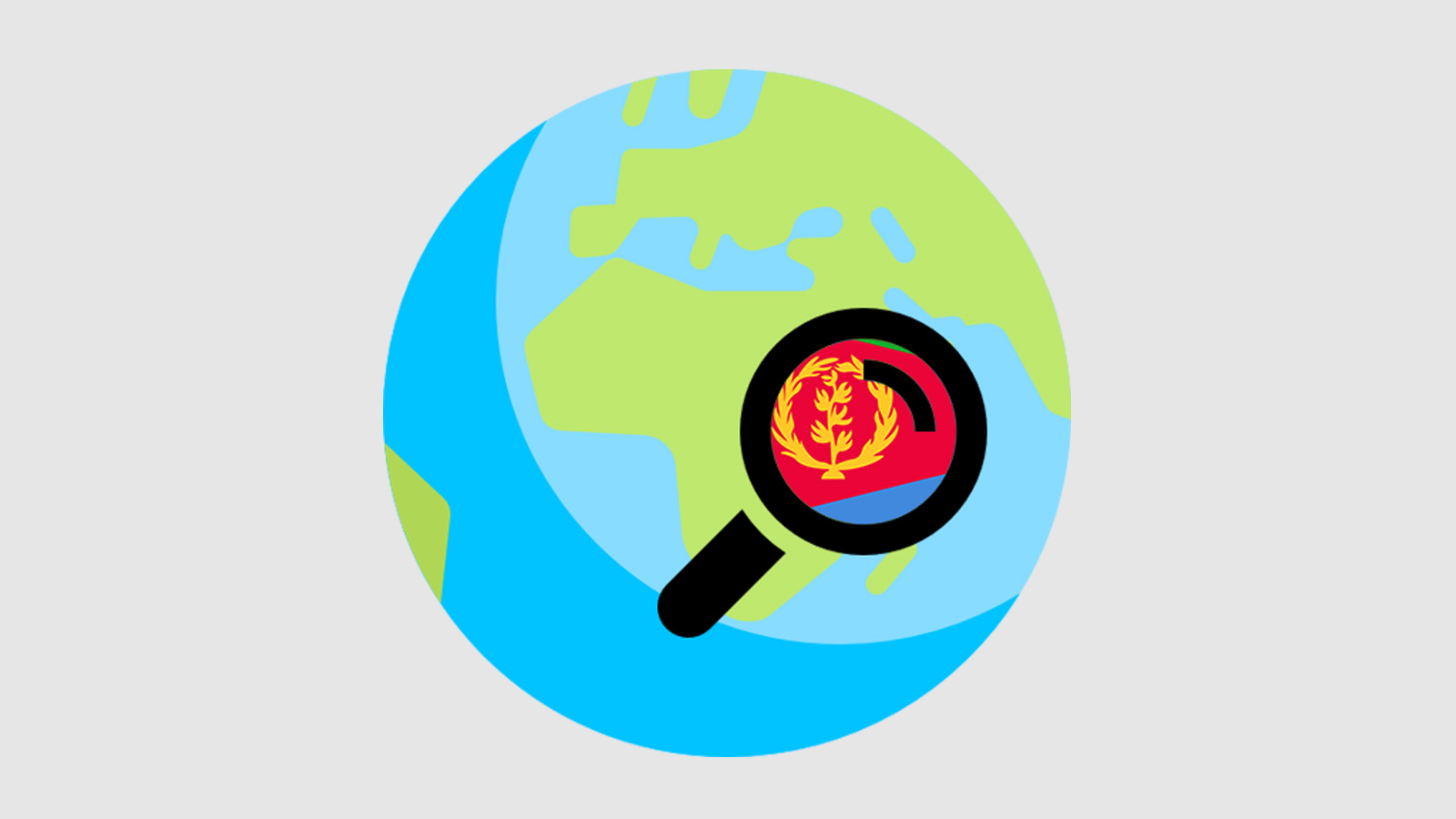In a report submitted today to the UN Universal Periodic Review (UPR), DefendDefenders (the East and Horn of Africa Human Rights Defenders Project) calls on the Government of Eritrea to end its consistent refusal to cooperate with international human rights mechanisms, and to take concrete steps to improve its abysmal human rights record.
Since its last examination under the UPR in 2014, Eritrea has been the subject of a UN Commission of Inquiry (Commission), which found that there are reasonable grounds to believe that crimes against humanity have been, and continue to be committed, in the country. The Commission concluded that authorities engaged in a “widespread and systematic attack against the civilian population of Eritrea” in order to “establish and consolidate total control.”
Eritrea has consistently refused country visit requests from special mechanisms of the Office of the High Commissioner for Human Rights (OHCHR) and repeatedly levelled threats against mandate holders. Recommendations accepted during its 2014 UPR remain unimplemented and, despite Eritrea’s ratification of the UN Convention against Torture that year, serious abuses remain common in the country’s expansive prison system.
Space for dissent is extremely limited, and attempts to silence critical voices extend outside Eritrea’s borders. Human rights defenders working in exile are frequently threatened on social media. Authorities have also taken legal action against those who write or disseminate criticism, for example by initiating libel suits against Dutch newspapers, a radio station, a website, the Dutch Government, and academics.
“Our report submitted to the UPR Working Group reflects Eritrea’s atrocious human rights record, and the impossible working conditions for human rights defenders,” said Hassan Shire, Executive Director of DefendDefenders. “It is no surprise that thousands of Eritreans flee this repressive regime, despite the dire risks they face. The world has a responsibility to shine a light on the human rights violations committed, and ensure a path to accountability for the victims.”
The UPR is a process set up by the UN Human Rights Council, the UN’s principal human rights body. The human rights record of every UN member state is reviewed every four-and-a-half to five years, in Geneva, Switzerland, a process during which the government of the state under review receives recommendations made by its peers. NGOs can participate in the process by submitting alternative reports and advocating at the national and UN levels. Eritrea was last reviewed in 2014. Its third examination under the UPR will happen in January 2019, during the 32nd session of the UPR Working Group.
[button size=” style=” text=’Download PDF’ icon=” icon_color=” link=’https://defenddefenders.org/wp-content/uploads/2018/07/DefendDefenders-Eritrea-UPR-submission.pdf’_self’ color=” hover_color=” border_color=” hover_border_color=” background_color=” hover_background_color=” font_style=” font_weight=” text_align=” margin=”]

